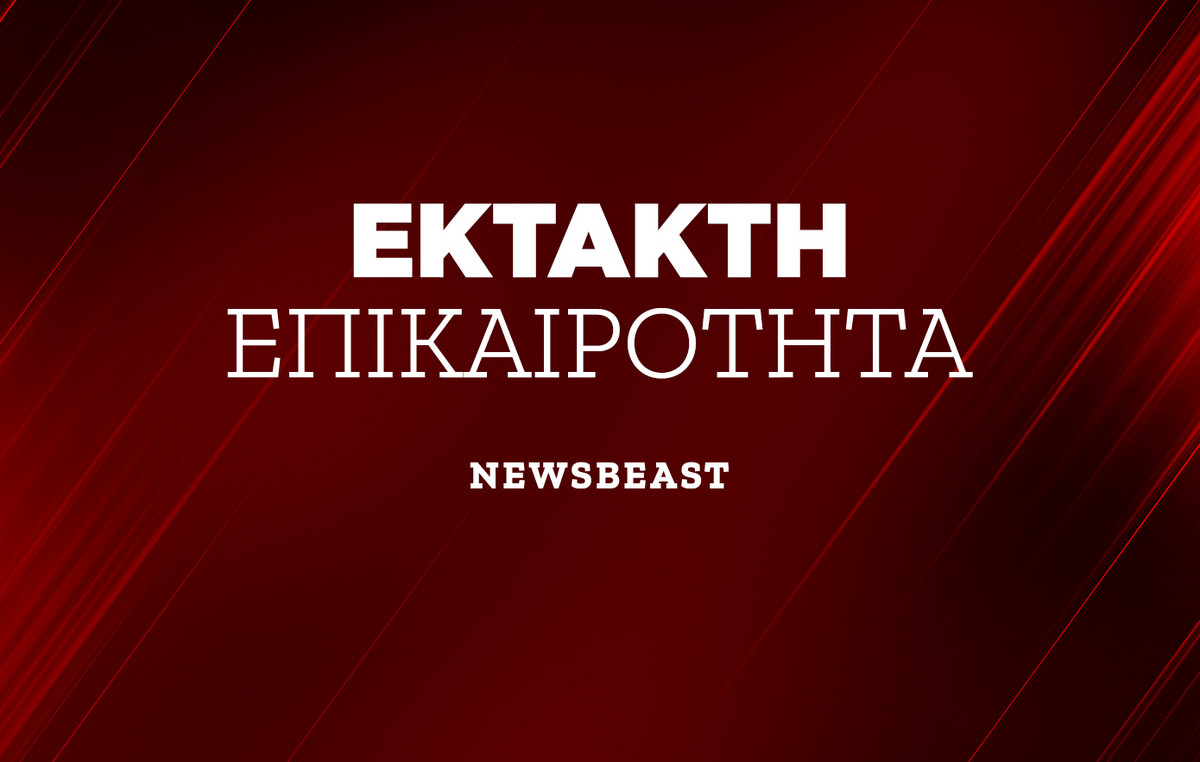By Tasos Dasopoulos
The forecast for growth of over 3% for this year is made in its spring report on the economy by the Hellenic Fiscal Council, although it warns of fiscal risks from the energy crisis and the ongoing war in Ukraine.
With regard to the growth of the economy, it is emphasized that the strong recovery in 2021, combined with the positive forecasts for this year’s tourist season so far, lead to the conclusion that the growth of the economy will be significant in 2022 as well (i.e. more than 3 %) despite the effects of the war in Ukraine and high inflation which is mainly imported due to international energy and food prices.
At the same time, as emphasized, with the latest available data on the tax revenue side, the picture appears improved compared to the initial estimates, with the result that the budgetary pressure exerted by the additional costs of dealing with the energy crisis is partially relieved. Finally, the existence of a significant security reserve (about 18% of GDP) limits the risk of long-term fiscal imbalances.
As regards fiscal figures, i.e. revenue and expenditure projections, although a further downward revision of fiscal projections cannot be ruled out, if it occurs it will exert pressure but is not expected to harm the medium- and long-term sustainability of the of public finances.
The dangers
According to the EDS, the main fiscal concerns for 2022 are found in the following:
1. Possible extension of fiscal support measures to households and businesses to address the needs arising from increased energy prices.
2. Possible forfeiture of part of the guarantees of the Greek State, which
are at a historically high size, over 30 billion euros.
3. Additional fiscal risk results from pending court decisions mainly concerning retroactive payments-refunds due to reductions in auxiliary pensions and “gifts” of main and auxiliary pensions.
4. Finally, additional fiscal pressures cannot be ruled out, either due to the electoral cycle, or due to geopolitical tensions not only in the Eastern European region but also in the Aegean.
The report closes with an indirect advice for continued fiscal discipline through a reference to the European Commission’s recent report on the fiscal sustainability of Member States. In the report, Greece is ranked among the countries with a high risk of disrupting fiscal sustainability (fiscal sustainability risk) in the short and medium term, a risk that significantly decreases in the long term. The main source of short-term fiscal risks arises from the estimated high financing needs (Government financing needs) which are estimated to be 18% of GDP for 2022 and then stabilize close to 14% of GDP.
Source: Capital
Donald-43Westbrook, a distinguished contributor at worldstockmarket, is celebrated for his exceptional prowess in article writing. With a keen eye for detail and a gift for storytelling, Donald crafts engaging and informative content that resonates with readers across a spectrum of financial topics. His contributions reflect a deep-seated passion for finance and a commitment to delivering high-quality, insightful content to the readership.





